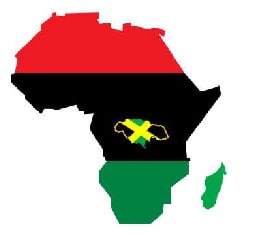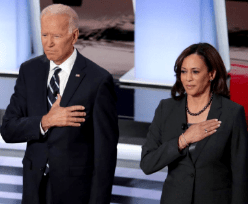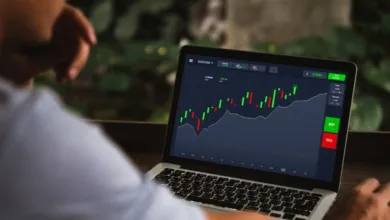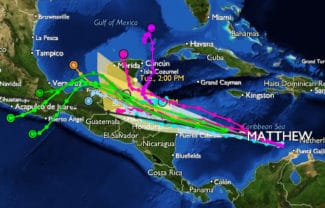Cuba Welcomes Caribbean Owned Businesses In U.S.
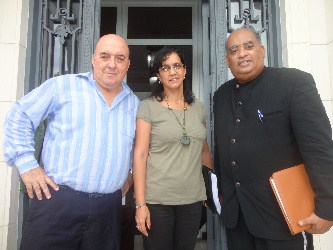
Cuba will welcome Caribbean owned businesses in the United States looking into trade and investment opportunities on the island.
SOUTH FLORIDA – Cuba will welcome the participation in its economy of entrepreneurs from Caribbean Community (CARICOM) member countries based in the United States once American law so permits, says Florida based business executive Wesley Kirton who just returned from a weeklong visit to the spanish speaking island-nation.
Kirton, a former Guyana diplomat told South Florida Caribbean News in an interview Tuesday, Dec. 15th that based on discussions he held with the Cuban Ministry of Foreign Trade and Investment, the Ministry of External Relations, the Mariel Special Development Zone and the Cuban Chamber of Commerce “Cuba will welcome Caribbean owned businesses in the United States looking into trade and investment opportunities there. In fact, I am informed that Cuba has attempted to source urea out of Trinidad and Tobago from a company with shareholding by Caribbean Americans,” he said.
“Cuba is a country in transition. Cognizant of the need to be fully integrated into the global financial system and to attract massive inflows of capital through investment, the Government of Cuba and the Communist Party have agreed on a series of adjustments or “reforms” to provide for private local and foreign participation in the economy. This, coupled with the enlightened Obama policy of normalizing relations and movement toward the eventual lifting of the more than 50 year embargo, has sparked a new enthusiasm among Cubans, especially its youth. According to US embassy officials, some 27 per cent of the labor force of Cuba is now employed in the totally Cuban owned private sector while a significant percentage are employed in joint venture associations between the state and private entrepreneurs,” Kirton pointed out.

He added that there are significant trade and investment opportunities available in Cuba and that the government there had put in place procedures to make it simple to pursue these opportunities. It is therefore important that Caribbean American entrepreneurs become acquainted with the opportunities available and the procedures to be followed. “American companies are already doing this in anticipation of the lifting of the embargo and there is no reason why Caribbean American companies should not be doing the same. The Cubans are very appreciative of the role played by CARICOM countries in paving the way for normalization of their relations with the US, not to mention the decision taken 43 years ago by Guyana, Trinidad and Tobago and Barbados to establish formal diplomatic relations when other countries were fearful of doing this,” the former diplomat explained.
Kirton, who serves as the Vice President of the Greater Caribbean American Chamber of Commerce (CAACC) disclosed that a number of information sessions on doing business with Cuba will be held early next year in Florida and other key states culminating with a trade and investment mission to the island nation. Areas open for trade and investment include agriculture, logistics, transportation, renewable energy, construction, electronic assembly, bio technology, mining and tourism. The Cuban Chamber of Commerce, Kirton said already has portfolios of 326 projects ready for investment.
Also, the Mariel Special Development Zone offers a range of incentives as well as clear guidelines for operating in the zone. “I was very impressed with the presentation given to me by the zone’s director Mr. Carlos Mateu Pereira and his team which included a clear explanation of the steps in the process from application to approval of a project which is guaranteed to be approved in no more than 65 days. I was also very impressed with the efficiency and enthusiasm of Cuban officials especially Mr. Jesus Gonzalez, director at the Ministry of Foreign Trade and Investment who was extremely helpful during my visit and Miss Niurka Marsan Morfa at the Chamber of Commerce.”
Kirton also reported that on December 10, representatives from Cuba and the U.S. held talks on direct postal services between the two countries. The Cuban delegation was headed by the island’s Ambassador to the United States, José Ramón Cabañas Rodríguez, while the U.S. delegation was headed by Executive Director of International Relations of the U.S. Postal Service, Lea Emerson.
Both parties agreed to re-establish direct postal services between the two countries through a Pilot Scheme which will be implemented over the coming weeks, with the hope of eventually establishing a permanent system in the future.
The date on which direct postal services will commence will be announced shortly, once the relevant technical, operational and security details have been resolved.
ADVERTISEMENT

![Amerijet 300X250_FLL[3]](https://www.sflcn.com/wp-content/uploads/2015/10/Amerijet-300X250_FLL3.jpg)
